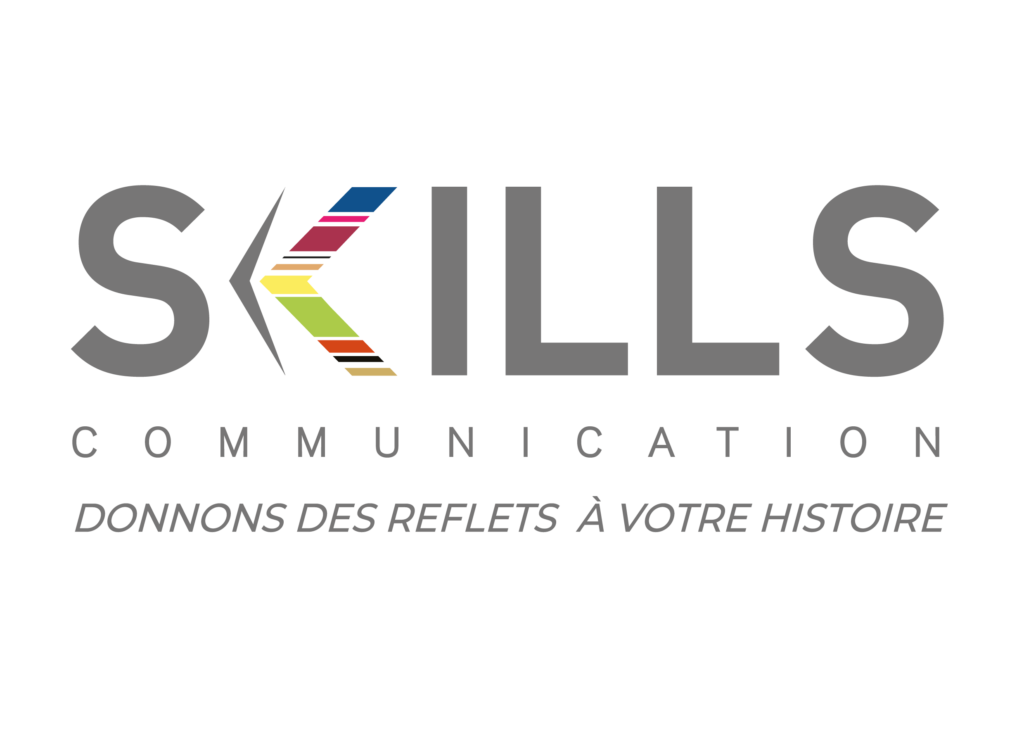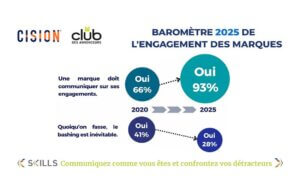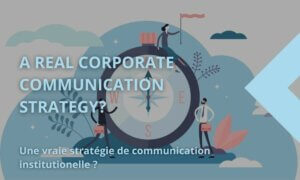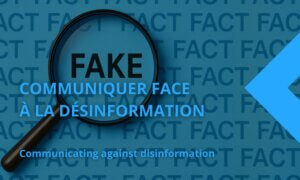In a changing context with varied actors and networks, the press has evolved tremendously over the last few years and press relations have changed with it.
However, the exchange with the journalist remains central. Is an intimate relationship with the journalist essential to share your expertise? Is the need to know the journalist still justified, or even still possible?
The evolution of the media, the journalist and press relations
In the past, specialized journalists were few and traditional media had a leading position on the market.
Knowing the journalists personally and maintaining a close relationship was possible to ensure the publication of your stories. The journalist and his source had a bond of trust, making press relations almost exclusive.
The press has evolved, and the multimedia landscape has been completely changed, for several reasons.
Firstly, the arrival of online news services around the end of the 1990s (Ouest-France opened its site in 1995 as did Le Monde), not only destabilized the traditional press business model, but also challenged the very notion of a single copy.
Today, free press and digital media have blown traditional media, especially the print media. With free access to information (in print or online), many citizens are now satisfied with turnkey information found on the Internet or in their free morning paper.
The free access to news has thus changed the press relations, making them more complex.
New information outlets in the media sphere
The emergence of new media has deeply transformed the information system, setting up new ways of working. The globalization of information has led to a considerable increase in the volume of news, but also in the capacities of influence.
The journalist must now face the dematerialization of information, he is no longer the only one to inform; social networks and multiplication of audience targets have emerged. The advent of digital media has generated the request for immediate news. The journalist must take all these changes into account to secure his role and his difference. To do so, he is bound to an editorial calendar with multiple topics of interest, to the publication of short and concise formats as quickly as possible to always remain in the news.
The journalist is also a person in a hurry and very solicited, who must provide information instantly, without however neglecting the topic. They must remain vigilant, editorialize and structure their article so that it is broadly read.
Press relations in times of the versatility of today’s journalists
Faced with competition and the cult of superficiality, the journalist becomes multi-subject and no longer always favors expertise. He represents all the steps in the information chain. He is supposed to do everything: write, edit, take and record interviews, manage video, layout texts and master all information distribution tools.
For example, L’AGEFI has 10 different publications, in different languages, whether they are institutional, dedicated to retail, digital or paper, all followed, for a given theme, by the same few journalists who will treat it from different angles.
As a result, close press relations are no longer possible. To have a chance of being published, the content must be prepared in advance; facilitating the journalist’s work has now become the key to maintaining effective press relations.
Press relations must adapt to the journalist to keep the link
To enrich a privileged relationship with the journalist, the press officer can provide him or her with the means to better prepare the subject, without necessarily knowing him personally, while knowing his target audience and environment.
It is necessary that the press relations officer focuses on the depth of the information, ensures some information in line with the journal’s editorial policy and its readership, while making sure it is in the current news.
This new approach does not necessarily require close relations with the journalist. There are numerous databases available: the journalist’s profile, his preferences, his sensibility, his editorial history who will enable the press officer to help him in his daily life, without needing any more intimate information.
Intimate press relations reserved for specialized media
Knowing a journalist personally is a plus, but it is no longer in the air.
However, this phenomenon is still in place in highly specialized media sectors. For example, medical research on oncology treated from a scientific angle can only be understood by a few specialized journalists. Being an expert and making yourself available to these reporters will facilitate the quality of the relationship and the publication of your content.
Digital technology is at the origin of the upheaval of the media and the source of many new opportunities.
But will it still be possible to maintain effective press relations in the future with 100% digital media? Will the immediacy of digital media be synonymous with the impoverishment of information?




